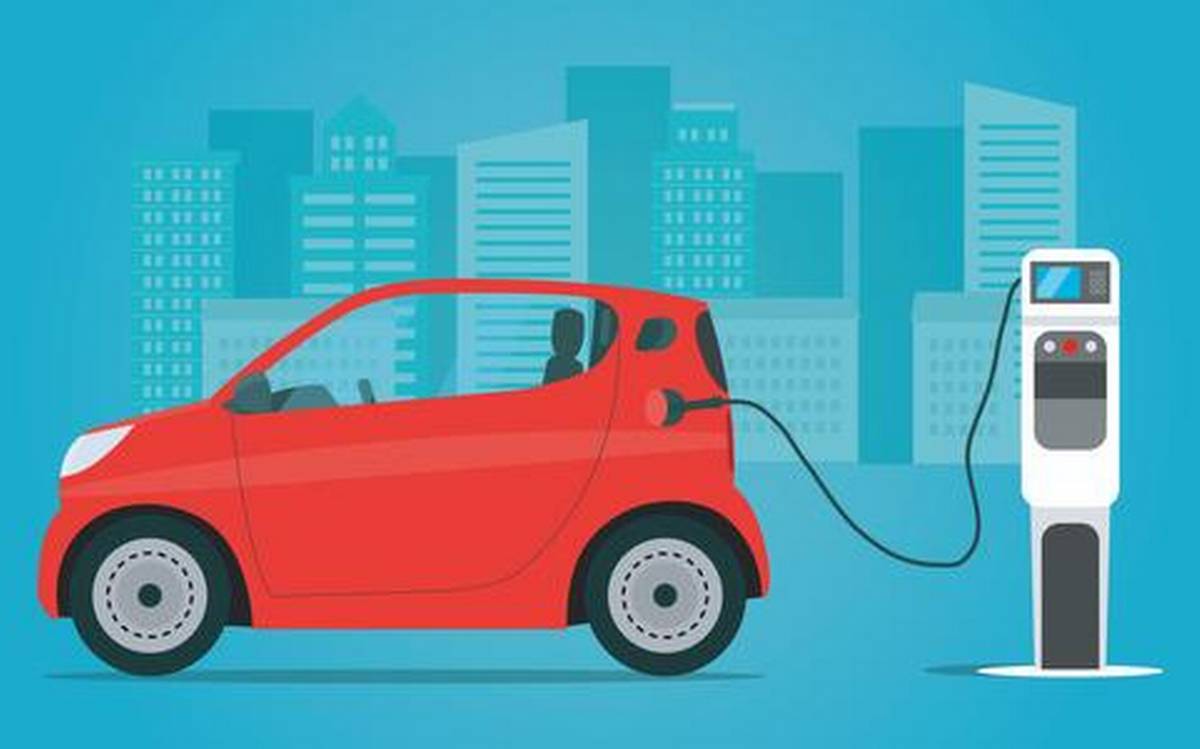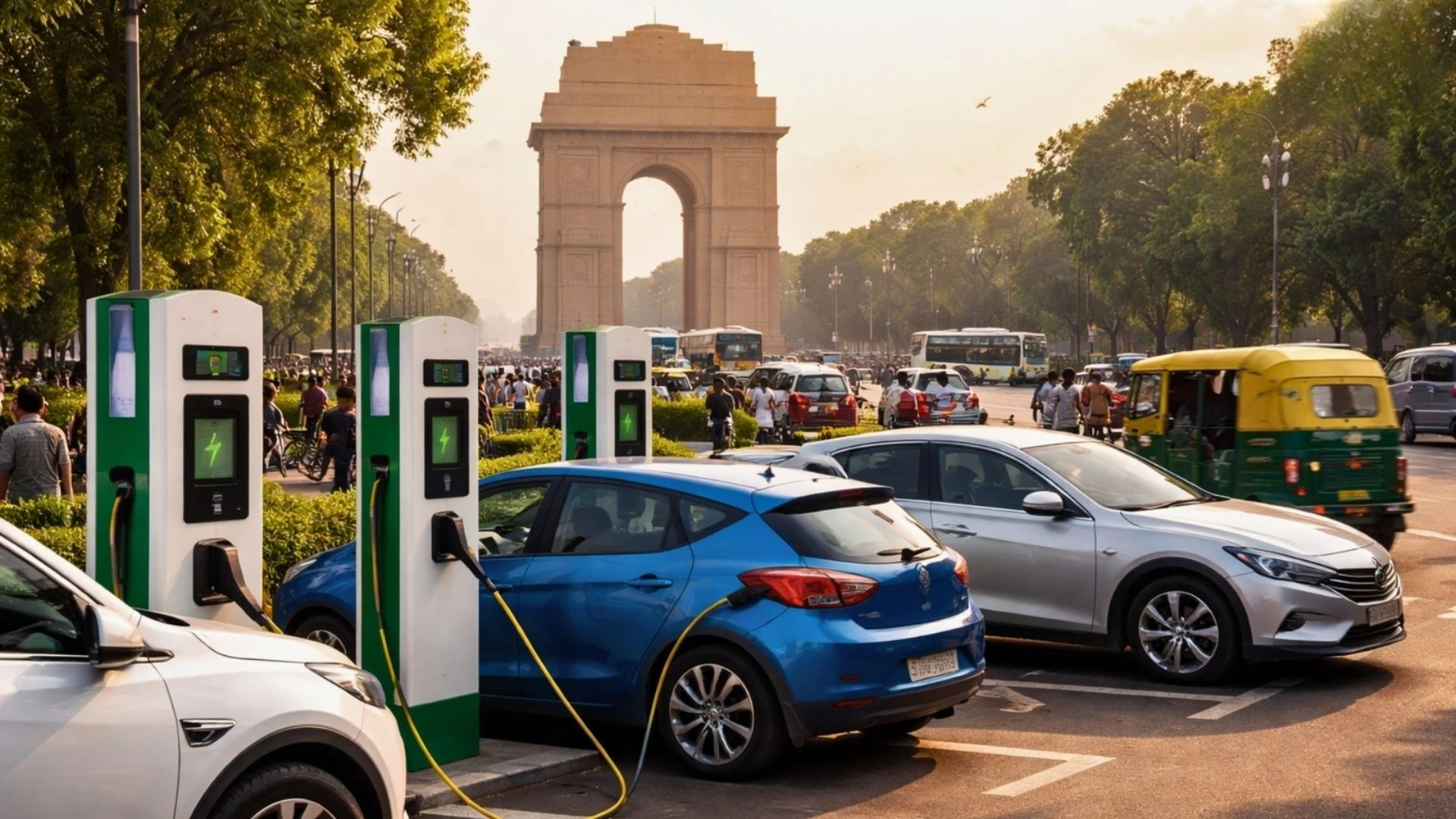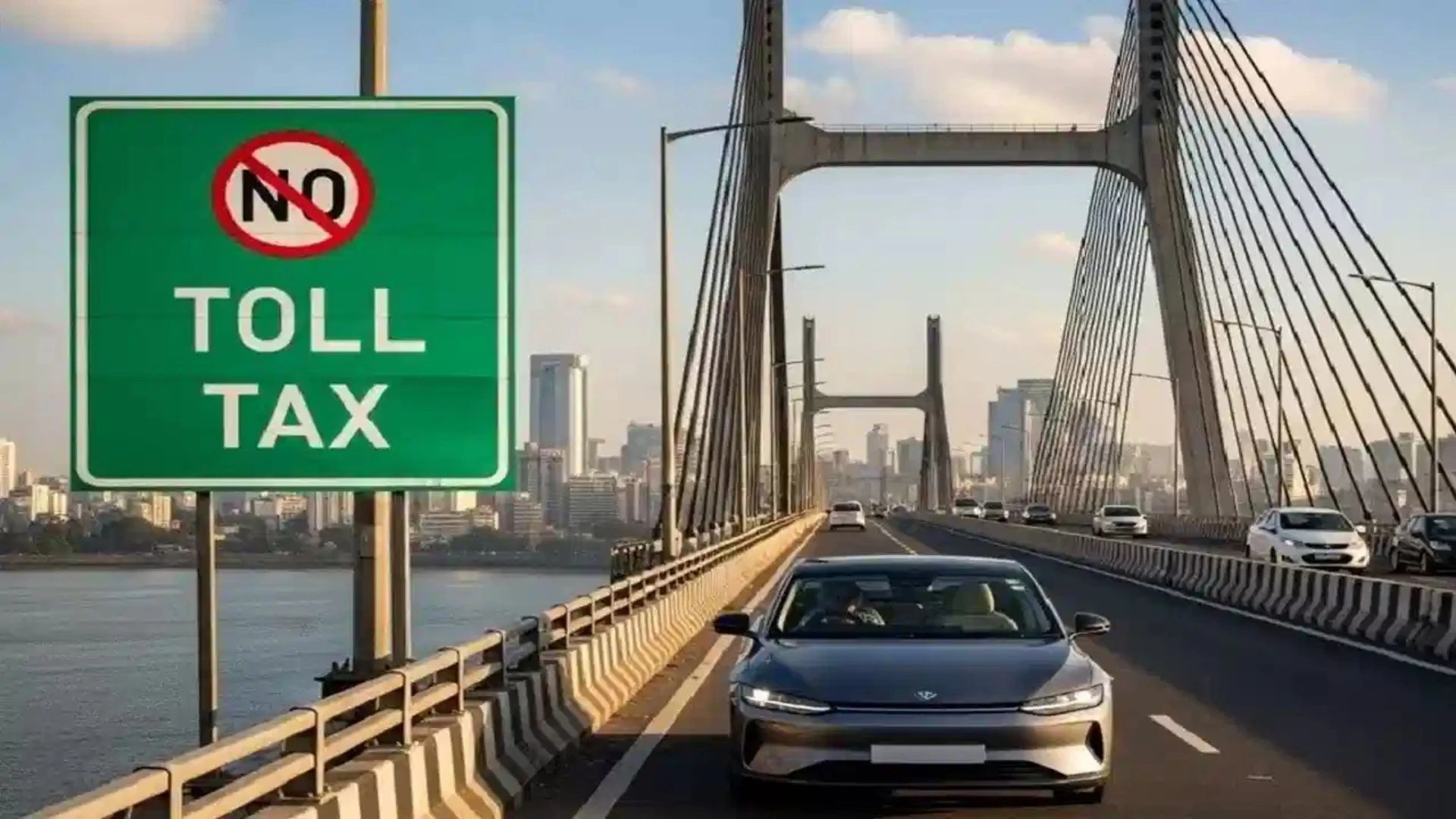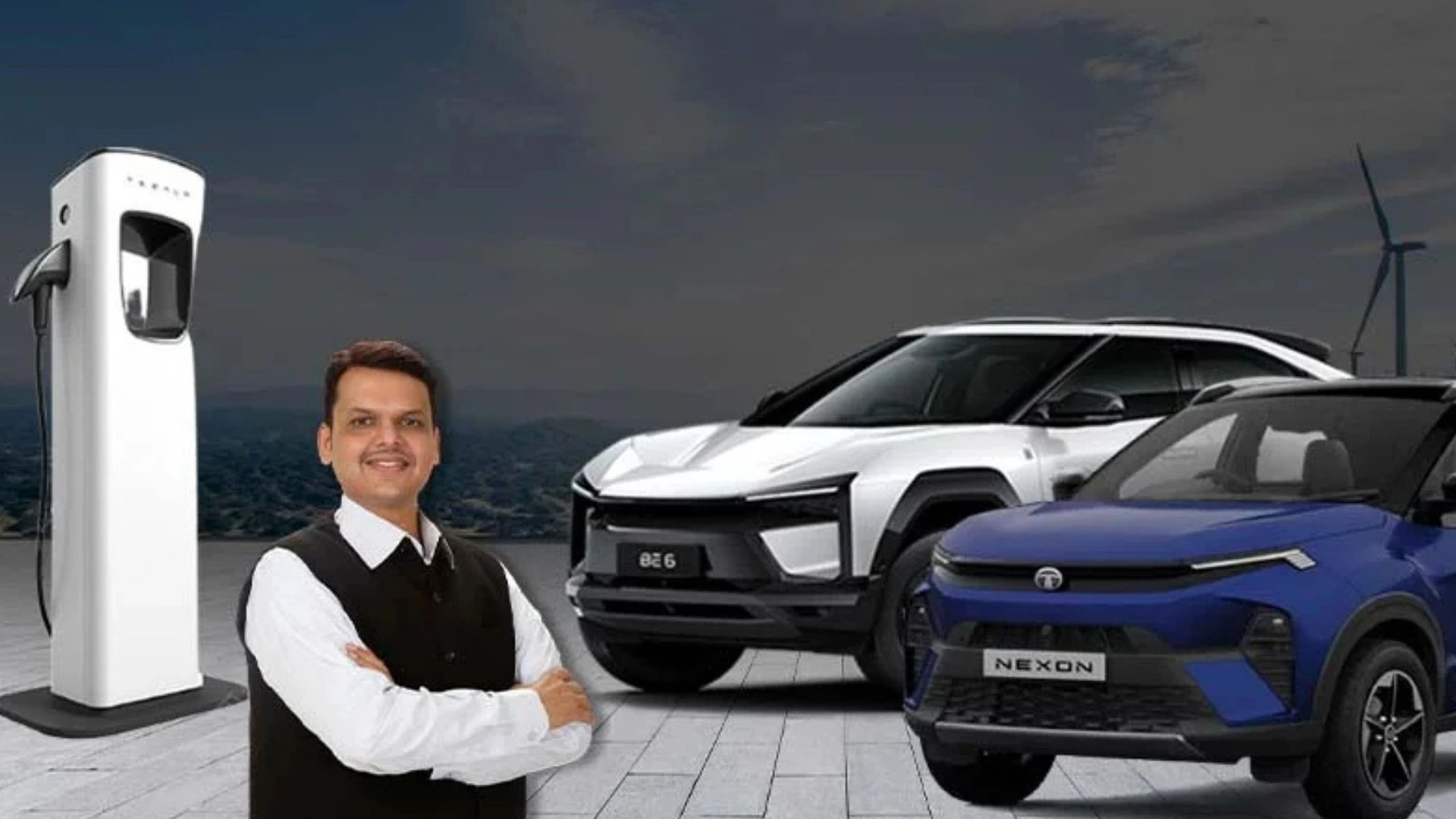
Table of Content
▼The Delhi gove
ment has introduced a new electric vehicle (EV) policy with the aim of increasing EV absorption and addressing the long-standing air pollution problem in the National Capital Region. As part of the new policy, the Delhi gove
ment will introduce a series of monetary incentives for electric cars to encourage more people to change vehicles using an inte
al combustion engine (ICE).
Starting with two-wheel electric cars, the gove
ment offers incentives of Rs 5,000 per kilowatt-hour of battery capacity, while providing an additional incentive of Rs 5,000 to cancel ICE bikes. This policy also requires greater consumption of two-wheeled electric vehicles to deliver the last mile, such as food delivery services and courier services, with the aim of converting these services into electric vehicle use only by 2025. The gove
ment also allowed the use of two-wheeled electric vehicles. Wheels for transportation services.
Moving on to the four wheels, the policy provides an incentive of Rs 10,000 per kilowatt-hour of battery capacity, with total support limited to Rs. 1.5 lakh, but this is only available for the first 1000 EV EV sold. In addition, Delhi waived registration fees and trading tax on new electric vehicles during the next three years.
The policy also introduced Rs 30,000 in incentives for three-wheeled electric cars, along with a 5 percent subsidy on the loans obtained. The gove
ment has also revealed plans that at least 50 percent of new buses on Delhi's roads are electric cars by 2024.
In addition, there are incentives to load the infrastructure, and the gove
ment provides a 100 percent subsidy for loading equipment that costs up to Rs 6,000 per unit, and is subject to a maximum of 30,000 chargers, for home or office use. This policy also requires a 20 percent reserve on residential and commercial parking lots for electric cars.
The gove
ment has a target of 250 charging stations or batteries around the city. Through the new policy, the Delhi gove
ment aims to register up to 5 sizes of new electric cars by 2024. Electric vehicle incentive funds will come through various benefits, taxes, and trading fees, with the gove
ment forming to form a panel of electric vehicles designated to monitor and implement the electric vehicle policy New.
Commenting on the policy, Rajesh Menon, general manager of the Indian Automobile Manufacturers Association (SIAM) said: "We would like to sincerely congratulate the Delhi gove
ment for announcing a very comprehensive EV policy that should encourage consumers to adopt electric cars in Delhi state." . Some of the welcome announcements in the policy include measures that can make electric cars affordable and acceptable. This includes purchase incentives, interest support, cancellation of incentives, traffic tax exemption, exemption from registration fees and parking lots, and measures to enhance collection infrastructure. These are in line with the recommendations of the Indian Automobile Manufacturers Association (SIAM). "
Also read:- Mahindra XUV300
image source-Hindu Business Line
Neha Mehlawat
Neha Mehlawat is an automotive journalist and industry analyst with 10+ years of experience covering cars, bikes, and mobility trends. She tracks the latest launches, technology upgrades, and policy changes in the auto sector, delivering sharp insights that help readers stay ahead in the fast-evolving world of automobiles.



_1771924453.webp)
_1771917963.webp)
_1771914517.webp)


